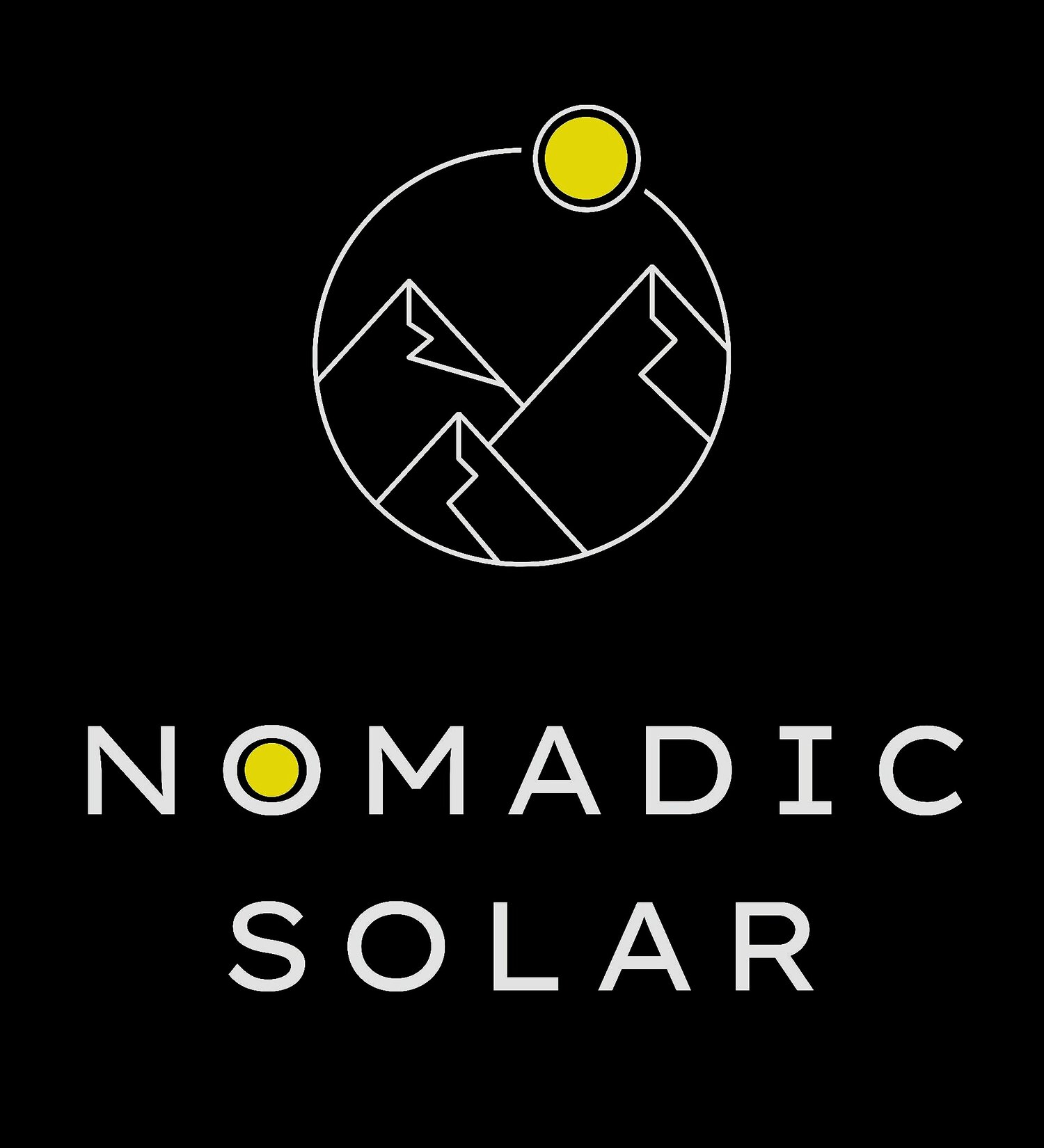What is Off Grid Solar and Who is it for?
This is probably one of the most frequently discussed topics we have with our customer base in Santa Cruz County, Monterey and the general Bay Area. Many have heard a portion of the pros and cons of off grid solar, but are still wonder if it is right for them. Hopefully this article will shed some light for those interested in learning about off grid solar as well as whether it is something they should pursue.
Off Grid Solar (as the name implies) is not connected to our traditional electric grid. This means you are not connected and relying on PGE for powering your appliances. Keeping things extremely basic, in an off grid system, solar panels collect energy from the Sun to charge a separate DC battery bank, and finally an inverter is used to convert this DC battery power into useable 120v or 240v AC power. Sounds great right? Well, yes and no. Before throwing on the rose colored glasses, I think its important we lay out the cons of off grid solar right from the start:
Large up front cost is perhaps off grid solar’s biggest con. The cost of an off grid solar project can range anywhere from $10k all the way up to $300k or more depending on the amount of power being generated, stored, and used. The two reasons you’ll be paying more with an off grid system compared to a grid tied system are: you will be paying for more parts than a grid tied solar system as well as for more labor that is necessary to safely install and program the system to your needs.
Because there are more components at work in a functioning off grid system, there are more ways the system could potentially fail. It isn’t as simple as waiting for PGE to turn things back on when it comes to an off grid system. Maybe your lithium battery bank got over discharged and the battery management system (BMS) needs to be reset; in this case, everything else in the system works but the inverter wont power anything and the solar won’t charge the bank because the batteries look like they are “off” or non-existent. Maybe the batteries and the charge controller work but the inverter tried to output more power than it was capable of safely handling and tripped its internal breaker so it needs to be manually reset. Whatever the case may be, more parts equals more things to be aware of. This means owners may need to learn some basics about their systems at least in order to try and diagnose potential issues should they occur. We’re not saying go and fix it yourself, but having a basic understanding of how the system works can go a long way in troubleshooting if need ever arises. For some, this isn’t necessarily a con because it means being educated about the equipment they are investing in.
Now that some of the big qualms are stated, what are the pros of off grid solar systems?
Off grid solar isn’t dependent on the traditional power grid. That means if PGE shuts power down, you wont be affected. In Santa Cruz, California, we’ve seen more frequent PGE power shut downs during natural disasters such as fires, high winds, or major storms. With an off the grid system, you are in control of your power.
Having an off grid solar system is more environmentally friendly, and will overall reduce your carbon footprint. Solar is very “green”, reliable and will do its job as long as the sun is out. It also means not having to run a generator all the time for power when the grid is down, which saves on gas as well as noise pollution.
Having an off grid system means having power in unorthodox places. You can have power for a van conversion or a remote barn. As long as equipment can be mounted and safely wired up to an electric panel, power can be delivered to the desired locations.
You can scale your system to whatever power needs you have and change them as you see fit. If you need more power, you can increase your inverter size (many off grid and hybrid inverters will stack in parallel). If you need more storage, you can increase the size of your battery bank (in most cases, batteries can also stack).
So who is off grid solar for? I would say it is for those who are looking to achieve full energetic self reliance and for those who will not be able to constantly have access to the grid. This would mean areas where PGE will not set up power such as certain remote zones. Off grid energy is also the primary solution for those looking to outfit camper vans, RVs, boats, or any spaces that aren’t permanently stationary.
If you are interested in having off grid solar in the Santa Cruz County or local regions installed, please reach out to us and we can help you build any size system for your needs.
